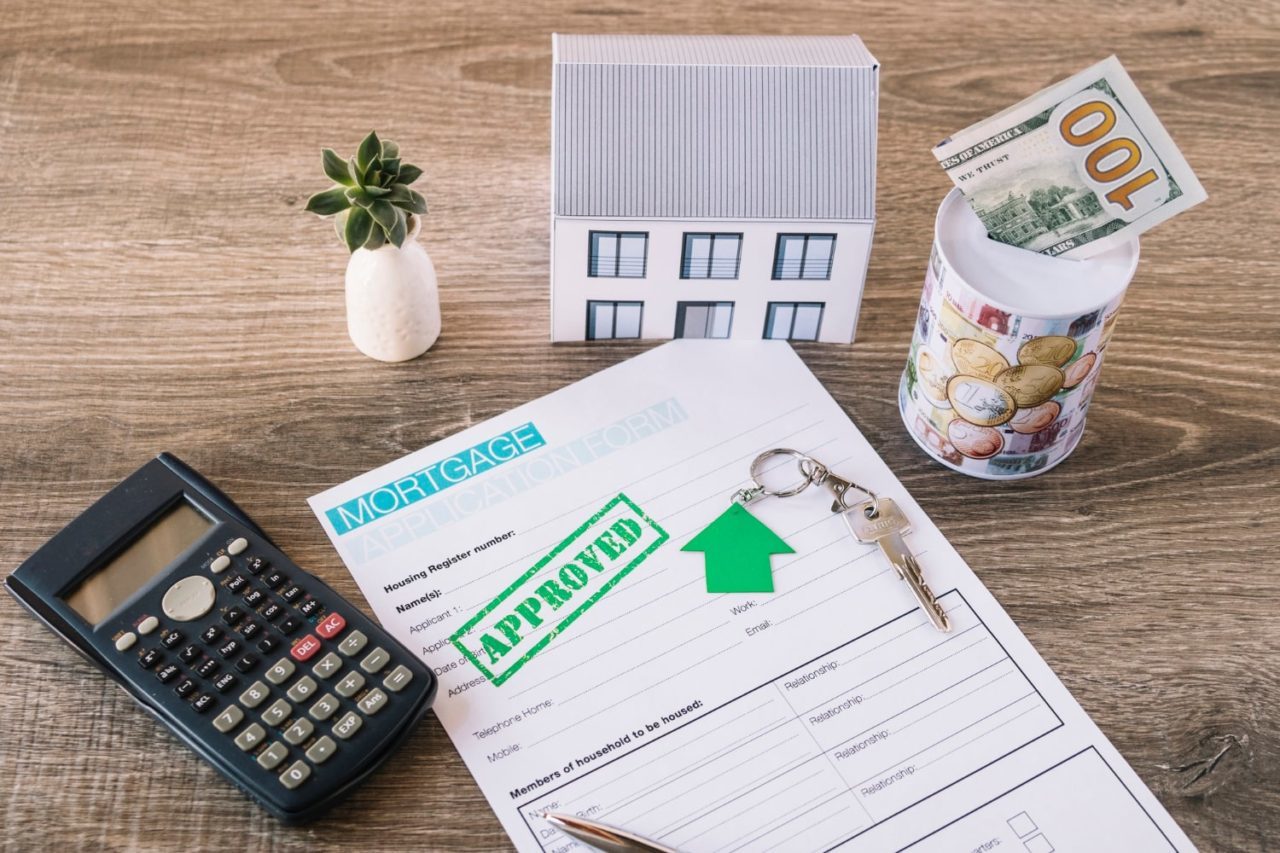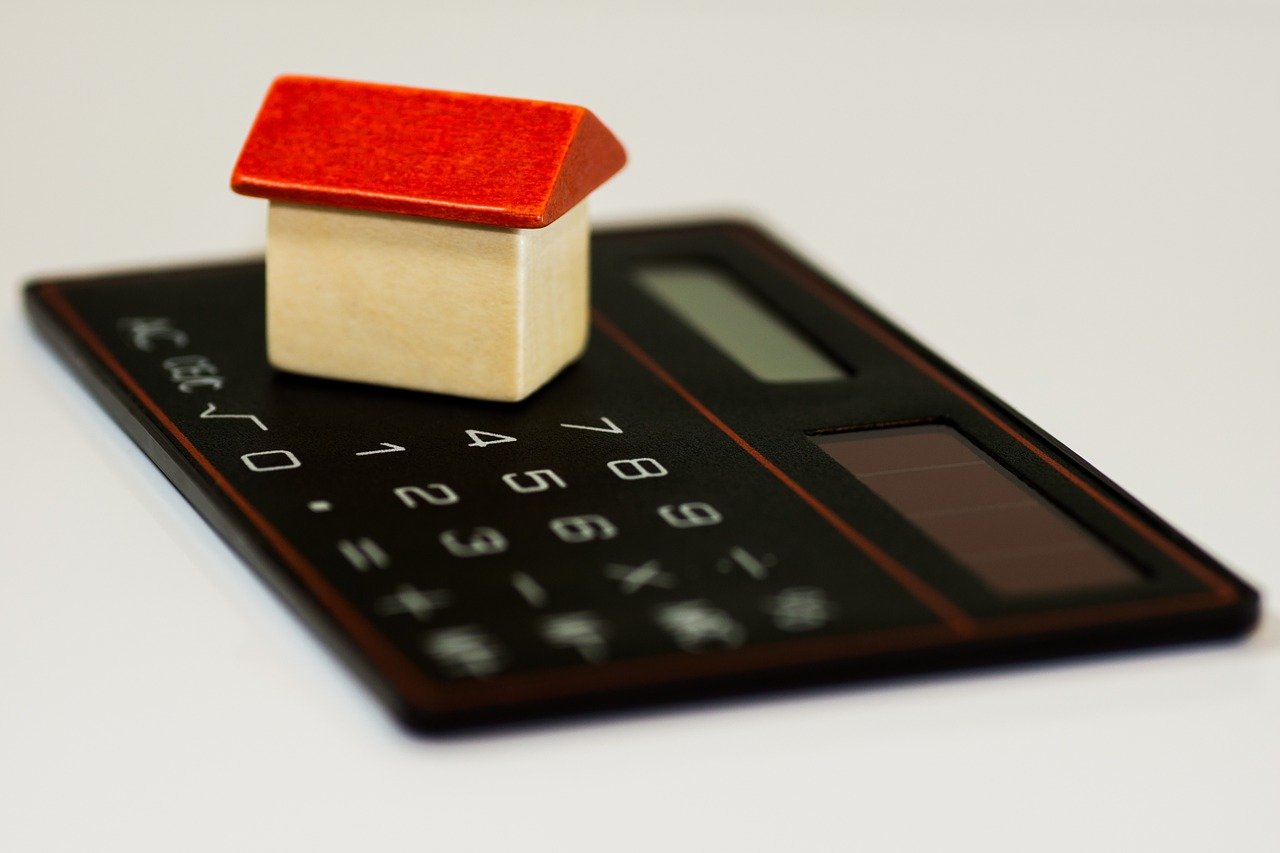What Do You Mean By Mortgage Rate Locks?
When the mortgage interest rate moves north, a mortgage rate lock saves you from paying more toward your mortgage. Read our blog to know more about mortgage rate locks.

Source: Unsplash
Let us assume, you found your dream home. It meets all your requirements while promising many bonuses on your dream list. You have decided to moving into your new home too.
One thing still bugging you is the interest rate on your mortgage, which you should have not agreed upon without a bargain. You realize even a minimal change in interest rate can cost you a lot of money.
To top it up, what if there is a fluctuation in the mortgage rate which can move the interest rate further north?
This brings us to one of the key factors in property buying, the mortgage rate locks. Hop onboard to learn more.
What Is a Mortgage Rate Lock?
A mortgage rate lock is a contract or agreement held between a borrower and a lender. The goal of this agreement is to ensure that your interest rate will not fluctuate for a certain period mentioned in the buyer’s agreement/contract. By agreeing to this deal, you seal the possibility of paying more than you were expecting.
If there is a delay in the closing of your mortgage loan, you will need to apply for a lock extension. But almost certainly, with your lock extension request, the lender might charge levy a penalty.
What Is a Mortgage Rate Lock Deposit?
The mortgage rate lock deposit is the fee charged by the lender to lock in the interest rate for a particular time period. With the lock deposit charged, the lender expects the borrower to pay off the mortgage within the timeframe. If not, the amount required for a lock deposit will rise as the lock time gets extended.
Once the borrower pays off the mortgage, the lender returns the lock deposit to the borrower. However, if the borrower does not agree to the terms, the lender is entitled to keep the lock deposit.


What If There Are Fluctuations in the Interest Rate?
The real estate market rates keep changing because of the supply-demand dynamics. The market forces push the interest rate to adjust. Here are some cases of interest rate fluctuations:
If the interest rate increases:
This is beneficial, as you have locked into a lower interest rate than the present market rate. The lender cannot raise your interest rate.
If the interest rate decreases:
It may become a disadvantage for you because you have locked in a specific rate that could be higher than the present market rate. You do not get to enjoy the benefits from a dip in the interest rate. Even though you can request a lower interest rate from your mortgage provider, but you will have to pay a penalty.


How Long Can You Lock in Your Interest Rate?
Depending on the lender, you can lock in the interest rate for 30, 45, or 60 days. Some lenders may even agree on extending the time period, but you will have to pay a specific fee for that as well.
A mortgage rate lock protects you from market swings and keeps you from spending more money on your mortgage. If you are planning on purchasing a house, there are certain things you should know about mortgages. Have a look at ‘How do mortgages work?’ and find out more.



